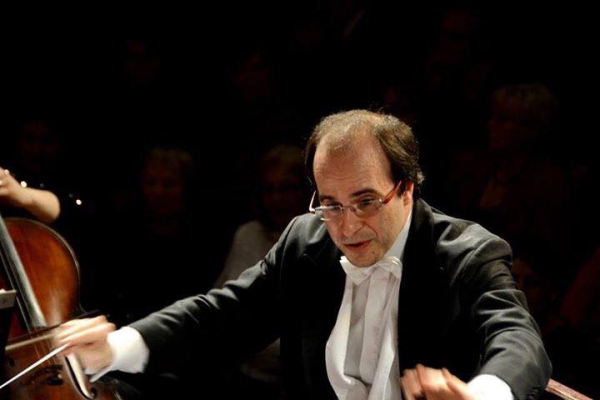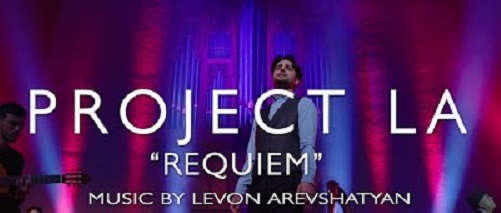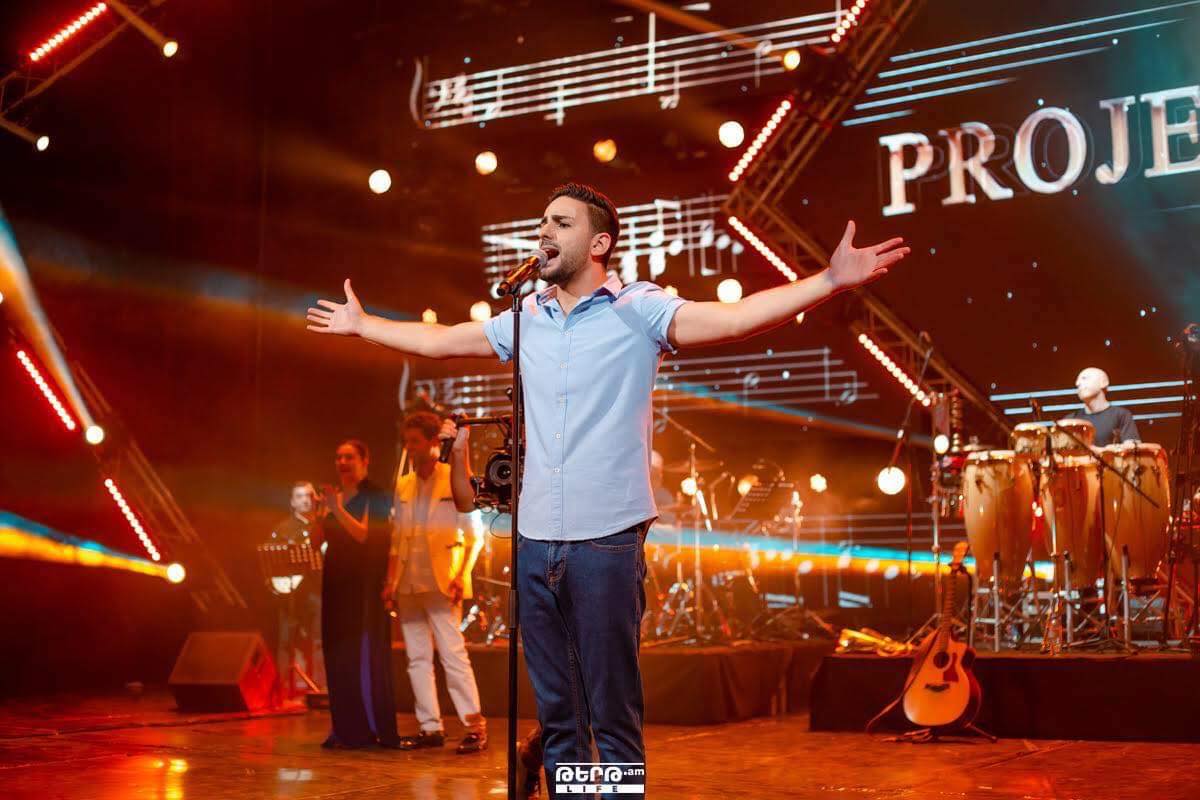 Financial Times: Initially, the most striking thing about Gianluca Marcianò is not his taste for high-quality fabric, nor the warmth of his manner. It is his Italian accent. It is an accent cultivated and guarded closely, he says. “These days I find myself thinking in English. Even if I’m talking in other languages, it’s through English.” A strong accent is his badge of resistance. “It’s fighting against the fact that I stopped thinking in Italian.”
Financial Times: Initially, the most striking thing about Gianluca Marcianò is not his taste for high-quality fabric, nor the warmth of his manner. It is his Italian accent. It is an accent cultivated and guarded closely, he says. “These days I find myself thinking in English. Even if I’m talking in other languages, it’s through English.” A strong accent is his badge of resistance. “It’s fighting against the fact that I stopped thinking in Italian.”
Marcianò, 40, has spent most of his professional life outside his home country, hopping between opera houses in the Middle East and across the Caucasus. In late 2015, he settled in Yerevan, Armenia’s capital, as guest principal conductor of the state opera house. Yet even if he is based in Yerevan, Marcianò remains global in outlook and persuasion. Next month he will spend five weeks in Beirut, at the Al Bustan Festival, where he is artistic director. In March and April he will conduct at the inaugural White Nights festival in Dubai. I catch Marcianò while he is briefly in London. We meet at the Gilbert Scott bar in the St Pancras Renaissance Hotel. Marcianò is dressed in a fine blue-knit waistcoat worn over a crisp white shirt. He orders a cappuccino and fiddles with his wedding ring.
In order to conduct orchestras from different countries all around the world, you need to be a psychologist as well as a musician, he says. “It doesn’t work well with a British orchestra if you are authoritarian and you scream. But if you are nice, polite, you pay them respect but at the same time you can put on some nice self-ironic humour, then it will make everything much easier.” Russian orchestras “need the strong hand”, however. Italian musicians can be “all over the place” at first. The discipline of Japanese musicians, meanwhile, is “incredible”. “They all come with the full score, the conductor’s score, so they know the score like you do,” he says. “While in China, not so much.” Marcianò was born in Lerici, a town on the Italian Riviera that was popular with Romantic poets in the 19th century; Shelley died in a storm while sailing there in 1822. Marcianò does not come from a musical family. Rather, he was a “very excited kid”, and when a teacher suggested he channel his energy into learning an instrument he chose the piano. “At first I didn’t like it, but for me it was very easy to learn,” he says. “Then I became a fanatic.” He set out to become a professional pianist, but became disillusioned. “It was a very lonely kind of life,” he says. “The dialogue was between me and the instrument.” With conducting, he would be able to make music yet also be part of a communal experience. Marcianò left Italy, taking a job as an assistant conductor in Ljubljana, Slovenia. He made his debut in Zagreb, Croatia, soon after, conducting Verdi’s Nabucco. “The first time I approached the orchestra was strange because I was coming from touching the instrument, which produces sound, and going into feeling the sound when my hands were not touching anything,” he says. “It was strange, like walking on air . . . Then all this disappeared and I was just inside the music and I just remember the beginning and the end.” Marcianò feels at home in the Caucasus; a previous post was at the Tbilisi state opera and ballet theatre in Georgia. “I like these countries because they have a little bit of Europe — Armenia is Christian — but they are also Asian,” he says. “There are two mentalities.” He moved to Yerevan because he “fell in love with a wonderful girl”, a violinist in the Youth State Orchestra of Armenia, whom he met at the festival in Beirut. (The wedding ring is new; they married last summer.) He adapted to the city’s languid rhythm and the generosity of Armenian hospitality. “We lost it a little bit in Europe,” he says. “We have so many deadlines. In London, if you want to meet a friend, you have to book the schedule.” Marcianò plans to learn Armenian, though admits it is a difficult language, with its own alphabet and uncommon grammar. Beyond friends and family, what he misses most about Italy is the food. The first thing he does on landing in the country is go to a bar for a typical breakfast of espresso and cornetto, a croissant-like pastry full of custard cream. And for a man brought up by the ocean, living in a landlocked country is a challenge. “To eat a sea bass, you need to be on the sea,” he says. “This, I miss.” The opera house where Marcianò works is located on a square right in the centre of the city, and the streets radiate from the building like spokes on a wheel. Armenians, he says, love opera, especially the classics by Puccini or Verdi with dramatic endings “because they are very passionate”. “It is a public that can give you a lot of satisfaction,” he adds. “If they are happy, they really show it — you can really hear them screaming ‘Bravo!’” Most encouraging is the enthusiastic attendance of many young people. “In Italy you see normally only pensioners. In Yerevan, the youth is going to performances, and this is amazing.”











